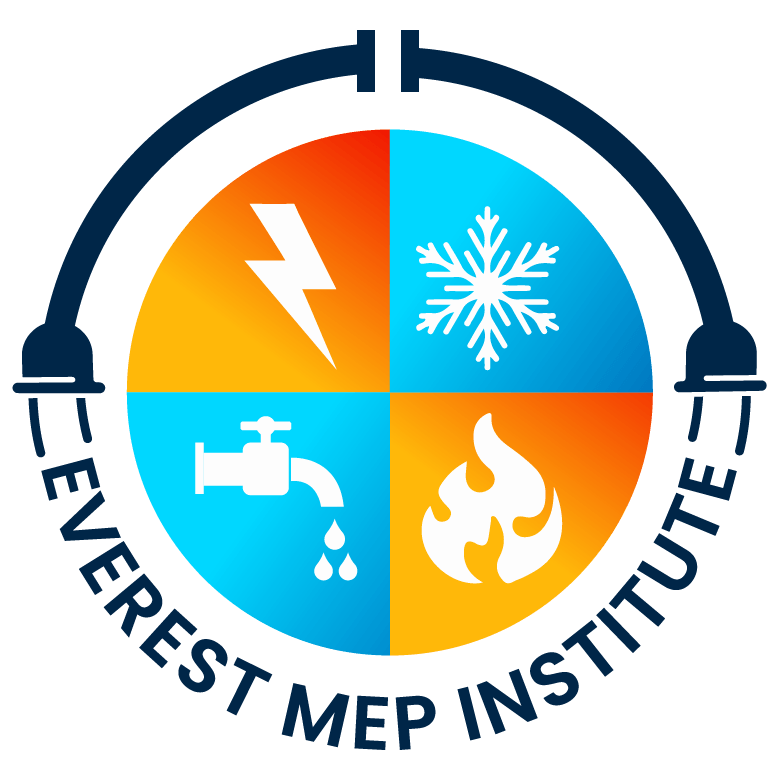CODES & STANDARDS REVIEW
National Electrical Code (NEC) Training Course Syllabus
This course is designed to provide participants with a comprehensive review of the
National Electrical Code (NEC), focusing on its key principles, regulations, and
applications in electrical design and installation. Participants will gain an in-depth
understanding of the latest edition of the NEC and learn how to interpret and apply its
requirements to ensure compliance and safety in electrical systems.
1. Introduction to the NEC
• Overview of the National Electrical Code (NEC)
• History and evolution of the NEC
• Structure and organization of the NEC document
• Importance of compliance with the NEC in electrical design and installation
2. Module 2: General Requirements and Definitions
• Understanding NEC terminology and definitions
• Scope and application of the NEC
• Electrical safety principles and objectives
• Compliance with general requirements for electrical installations
3. Module 3: Wiring and Protection
• Requirements for wiring methods and materials
• Grounding and bonding principles
• Overcurrent protection devices and their selection
• Wiring installation practices and techniques
4. Module 4: Equipment for General Use
• Standards and requirements for electrical equipment
• Selection and installation of electrical devices
• Equipment grounding and bonding
• Special equipment considerations (e.g., hazardous locations)
5. Module 5: Special Occupancies and Conditions
•NEC requirements for specific occupancies (e.g., residential, commercial, industrial)
• Electrical installations in hazardous locations
• Swimming pools, spas, and similar installations
• Temporary installations and construction sites
6. Module 6: Electrical Services and Feeders
• Service entrance requirements
• Service conductors and equipment
• Feeder sizing and installation
• Service and feeder calculations and specifications
7. Module 7: Branch Circuits and Conductors
• Branch circuit requirements and limitations
• Conductors sizing and ampacity calculations
• Outlet, device, and junction box requirements
• Arc-fault and ground-fault protection requirements
8. Module 8: Review and Application
• Comprehensive review of key NEC concepts and requirements
• Case studies and practical examples of NEC application
• Preparation for NEC certification exams (optional)
• Q&A session and open discussion on specific topics
Assessment:
• Weekly quizzes to assess understanding of NEC concepts
• Hands-on exercises and case studies
• Participation in class discussions and activities
Resources:
• NEC codebook (latest edition)
• Supplemental materials provided by the instructor
• Online resources and tutorials on NEC topics
Prerequisites: Participants should have a basic understanding of electrical principles and
terminology. Familiarity with electrical systems and installations is recommended but
not required. Basic knowledge of building codes and regulations would be beneficial.

New Batch Date & Timing
- Starting Date: First Week of The Month
- Class Timing: Contact Us
- Course Duration: 3-4 Months
Contact us !
- +1 945 265 2331
- contact@everestmepinstitute.com
Course Cost
Cost:
- Course Starting Fee: $5000
Eligibility:
- For engineering courses, minimum associate degree (2 -year) is required, Bachelor’s degree is preferred.
- For CAD/3D drafting courses, minimum high school degree is required.
- Proof of eligibility to work in the USA is required before starting the course.
Course Benefits & Other
Services:
- Learn hard skills that will serve lifetime.
- Due to shortage of electrical, mechanical and plumbing engineers, MEP engineer’s compensation is growing fast all over the United States.
- 100% placement assistance with resume preparation,mock interviews, and marketing.
- First year job support and guidance by in-house experts.
- H1B and GC sponsorship available for qualifed candidates. Must have work permits.
- We get paid only if you get paid, so our team is 100% dedicated to your success.
- We are a team of industry professionals ranging from 10-20 years of experience in MEP and civil engineering industry.
